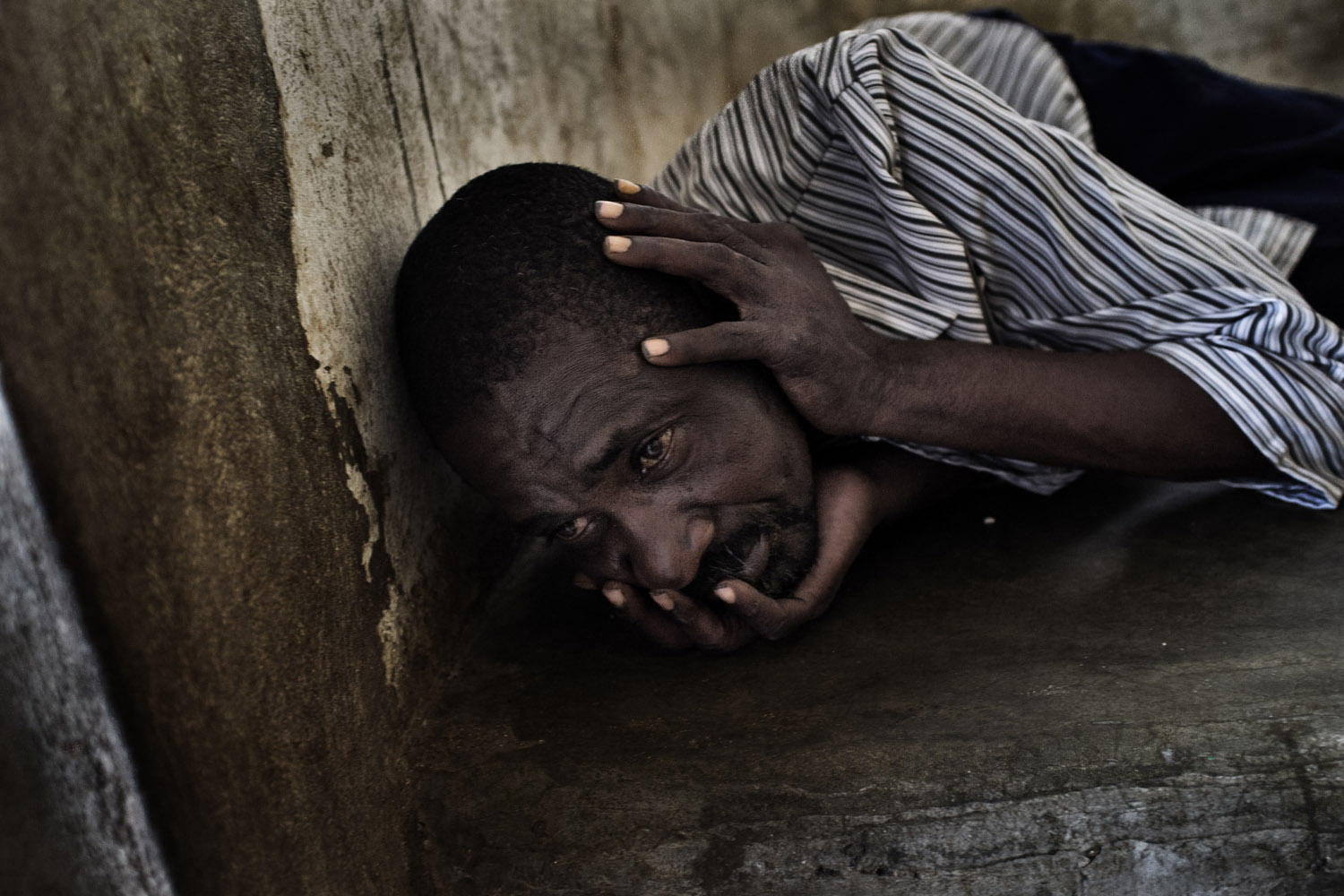
More than three years after a massive earthquake devastated the already impoverished Caribbean nation of Haiti, killing an estimated 200,000 and leaving more than 10% of the population of 10 million homeless, many Haitians are still trying to rebuild their lives. While the capital, Port-au-Prince, bore the brunt of the damage, subsequent challenges and setbacks—including an ongoing cholera outbreak—have left few untouched by the quake’s ripple effects.
The damage isn’t just physical. Aid workers say mental-health needs skyrocketed in the months after the earthquake, but the Haitian government was not equipped to meet the demand, with fewer than 20 practicing psychiatrists working in state-run facilities at the time. The suddenly overwhelming need for emergency and primary care siphoned even more resources away from mental-health care.
In April, Italian photographer Fabio Bucciarelli spent 10 days photographing the patients of one of the country’s two state-run mental hospitals, Défilé de Beudet in Croix-des-Bouquets, outside Port-au-Prince. His pictures show the bleak conditions some of the country’s most vulnerable citizens face every day. “When you imagine a hospital, you think of white walls with clean beds,” says Bucciarelli. Instead, Haiti’s only hospital dedicated to helping the chronically mentally ill “looks like a prison.”
The 150-bed facility is home to about 250 men and women, Bucciarelli estimates, many of whom suffer from severe psychiatric disorders. Patients sleep on concrete slabs in barred cells, which Bucciarelli refers to as cages. In the week and a half he spent at the hospital, Bucciarelli saw only one doctor but never witnessed him, or any of the nursing staff, interact with the patients. In that same period of time, Bucciarelli saw only a single patient receive any visitors. The director general of Haiti’s Ministry of Public Health told Time in an e-mail that the government intends to increase funding for mental-health care but did not provide further details.
Nongovernmental organizations and aid agencies, including Partners in Health, a Boston-based nonprofit, are working with the Ministry of Public Health and Population to develop a more comprehensive mental-health-care program. They have provided treatment to some 25,000 Haitians since 2010, but progress has been slow. So as Haitians struggle to repair their homes, their businesses and their country, the residents of Défilé de Beudet have no choice but to wait at the back of the line.
Fabio Bucciarelli is an Italian photojournalist. In April, he was awarded the Robert Capa Gold Medal by the Overseas Press Club of America.
Megan Gibson is a writer and reporter for TIME, currently based in London. Follow her on Twitter @MeganJGibson.
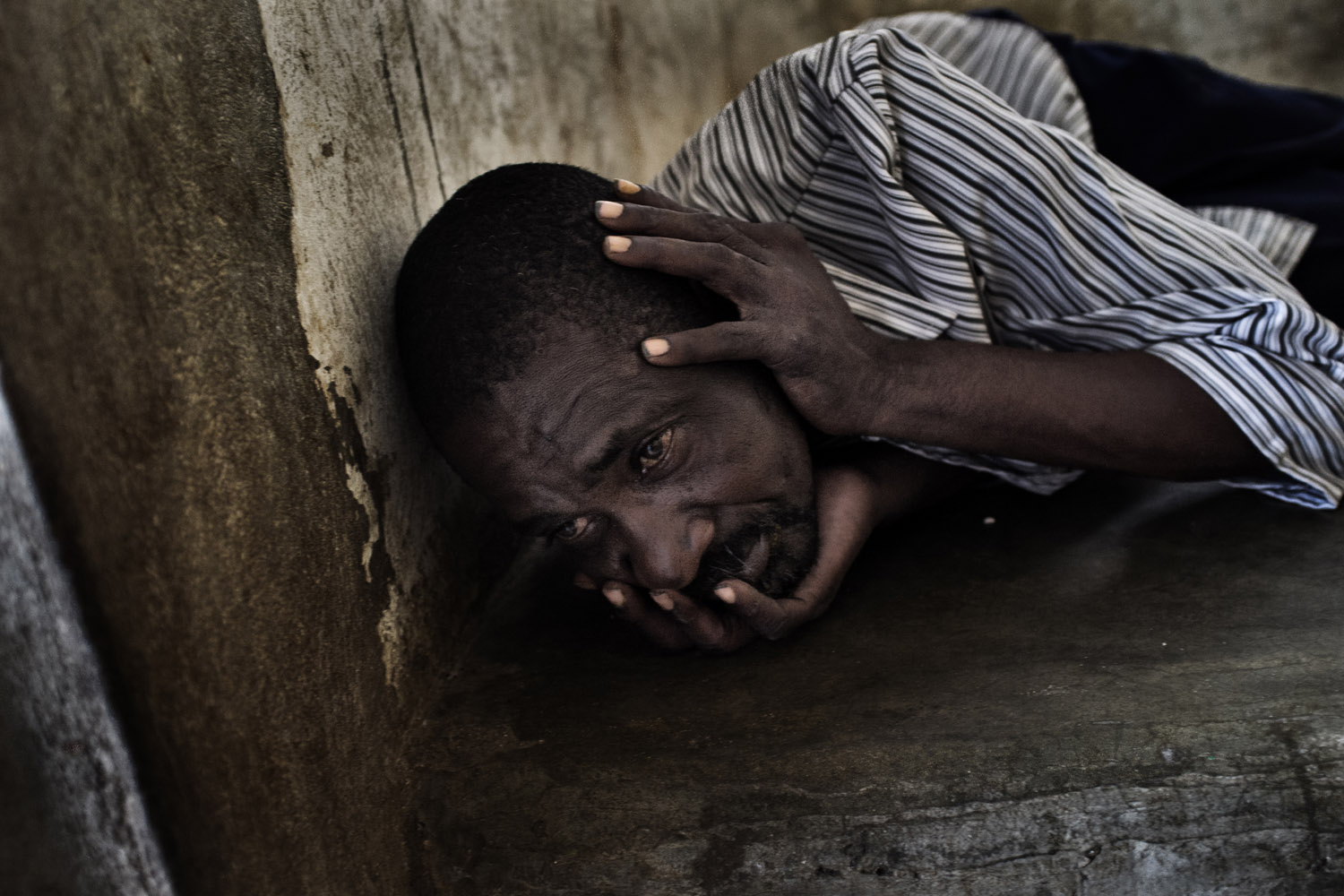
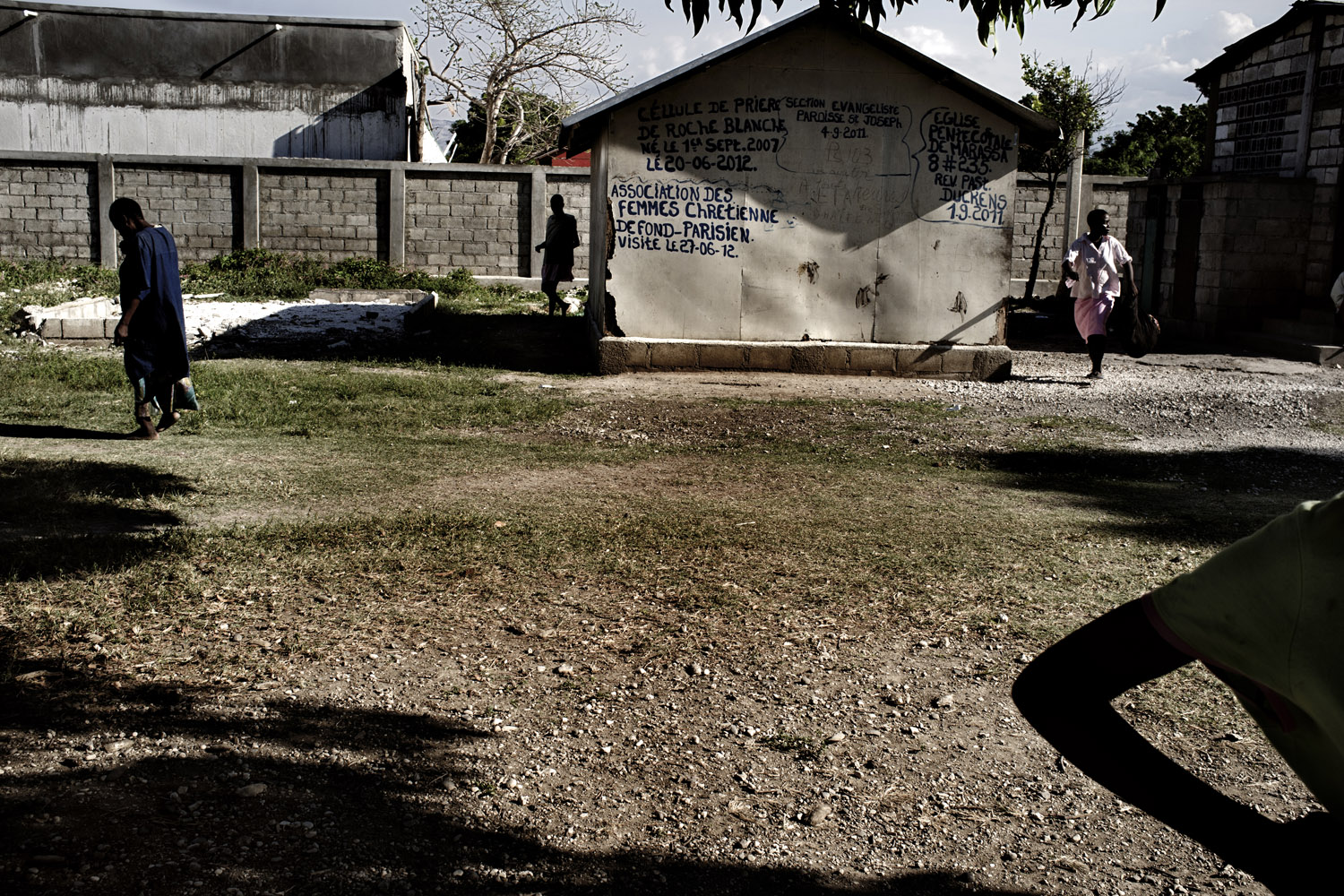
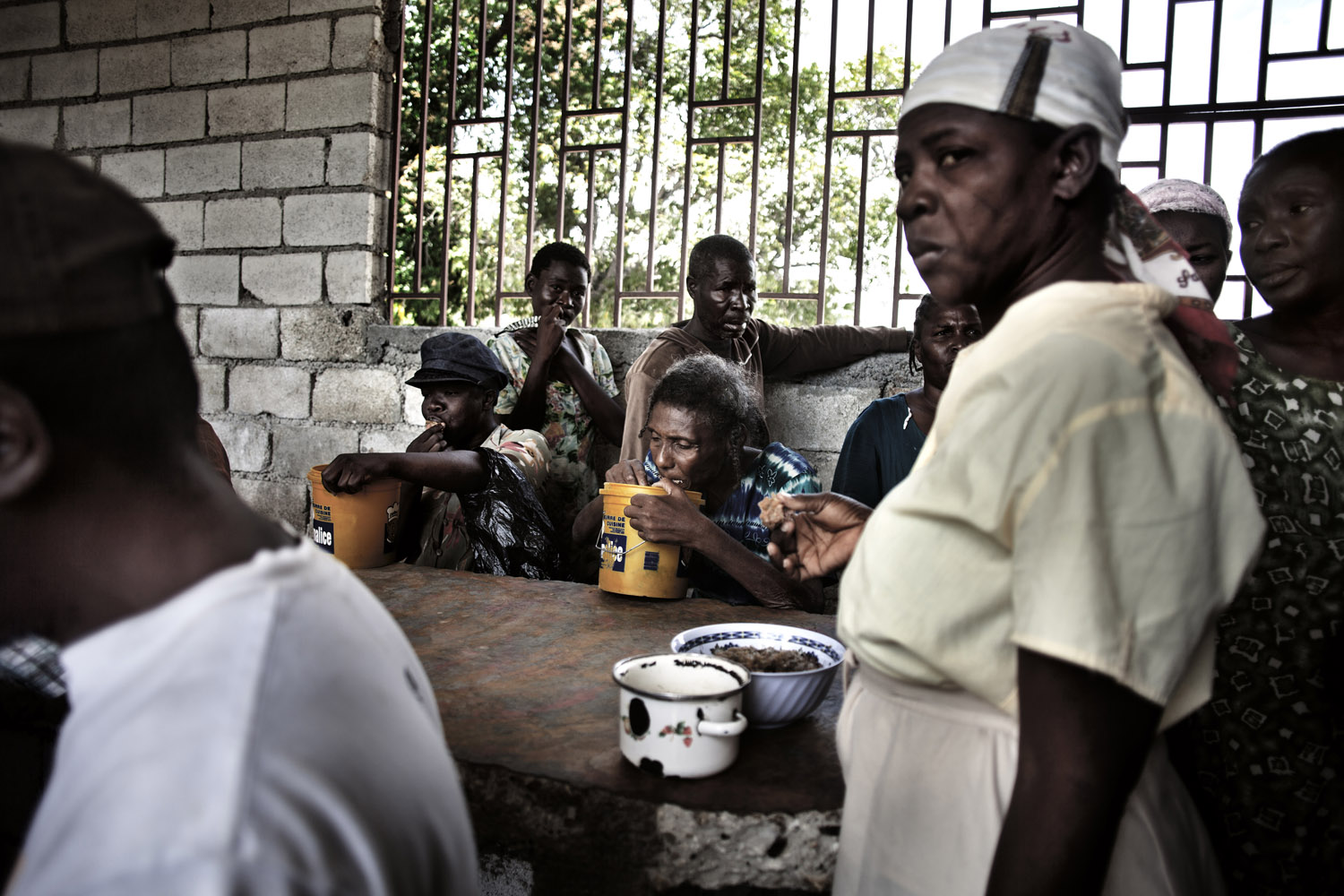
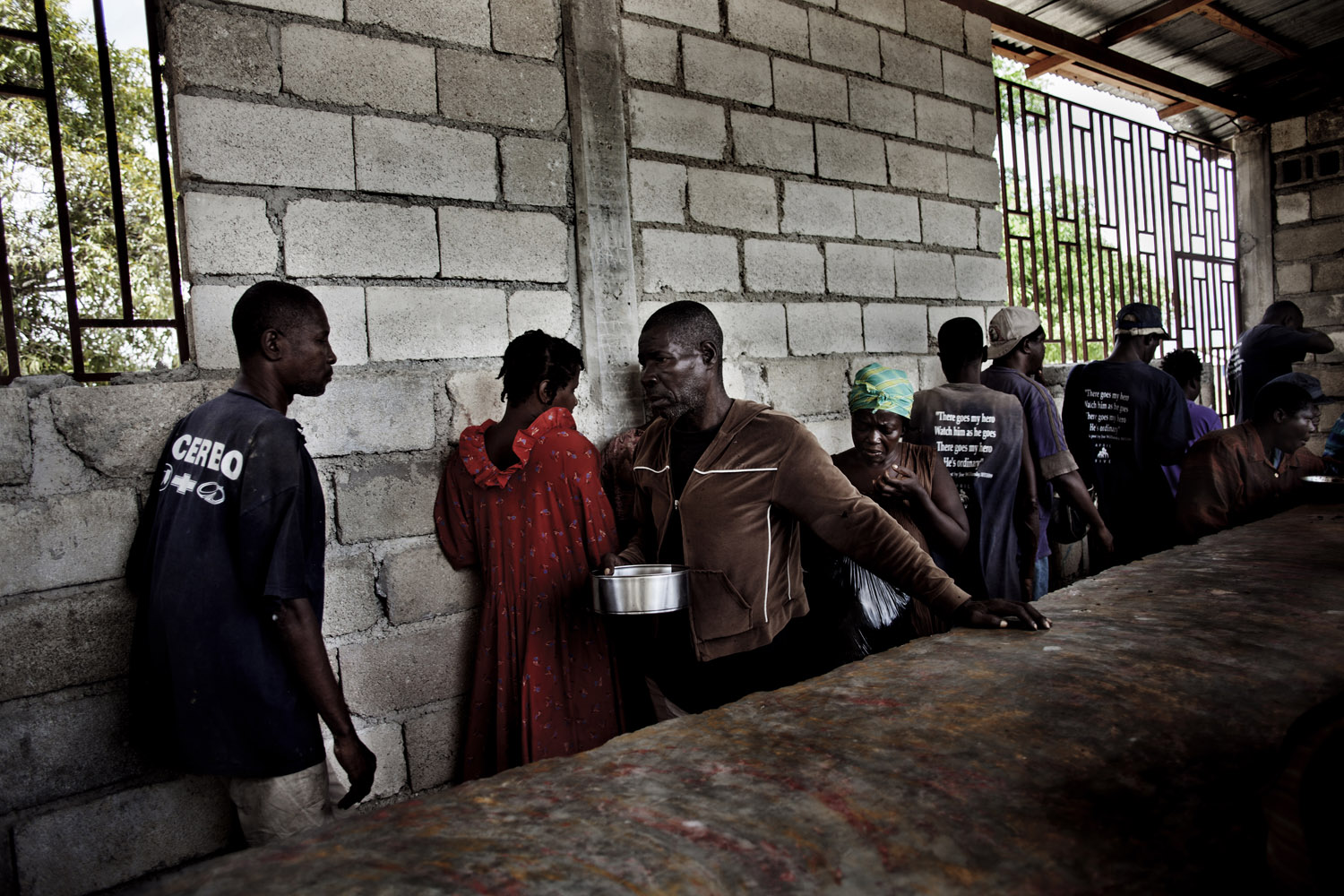
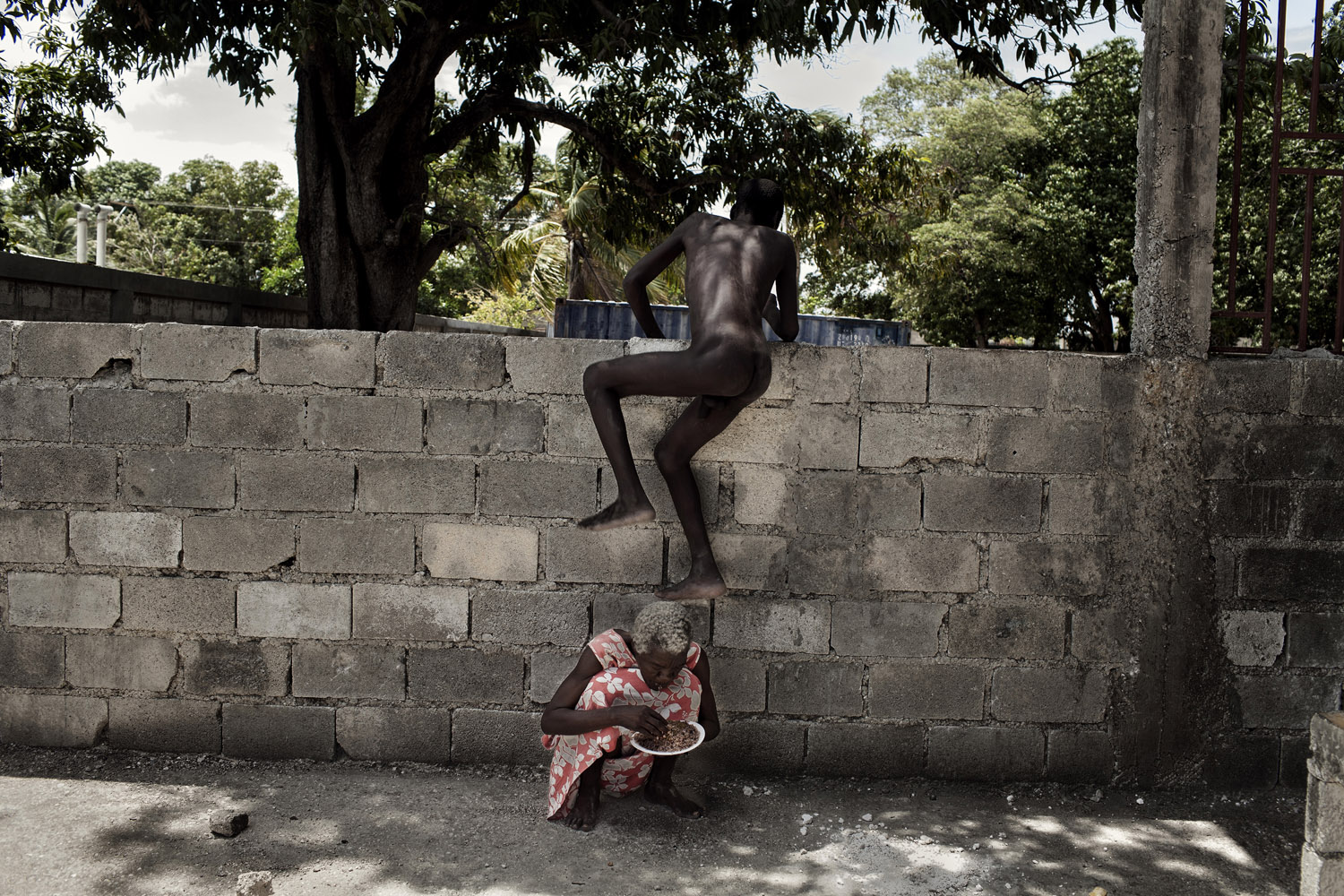
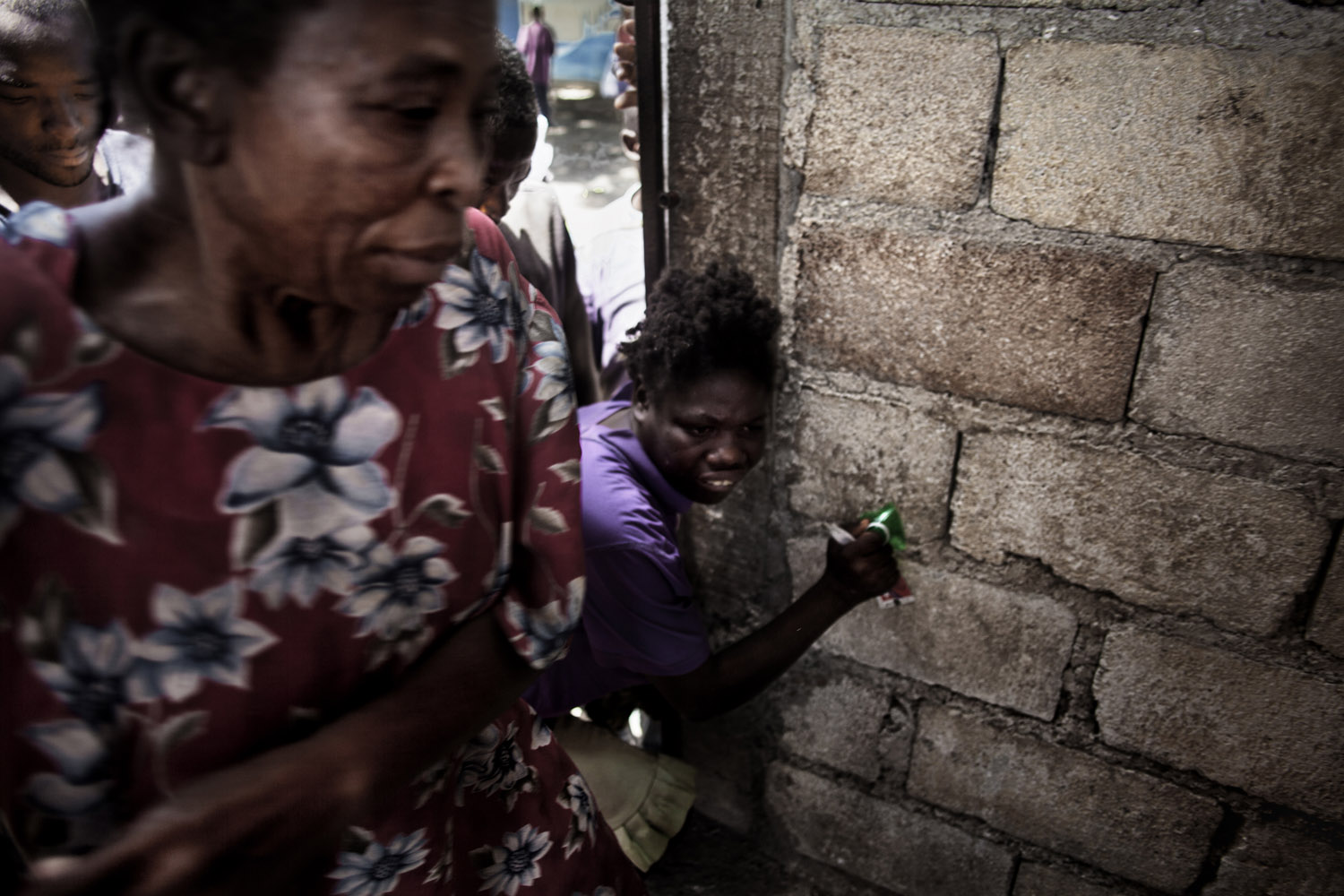
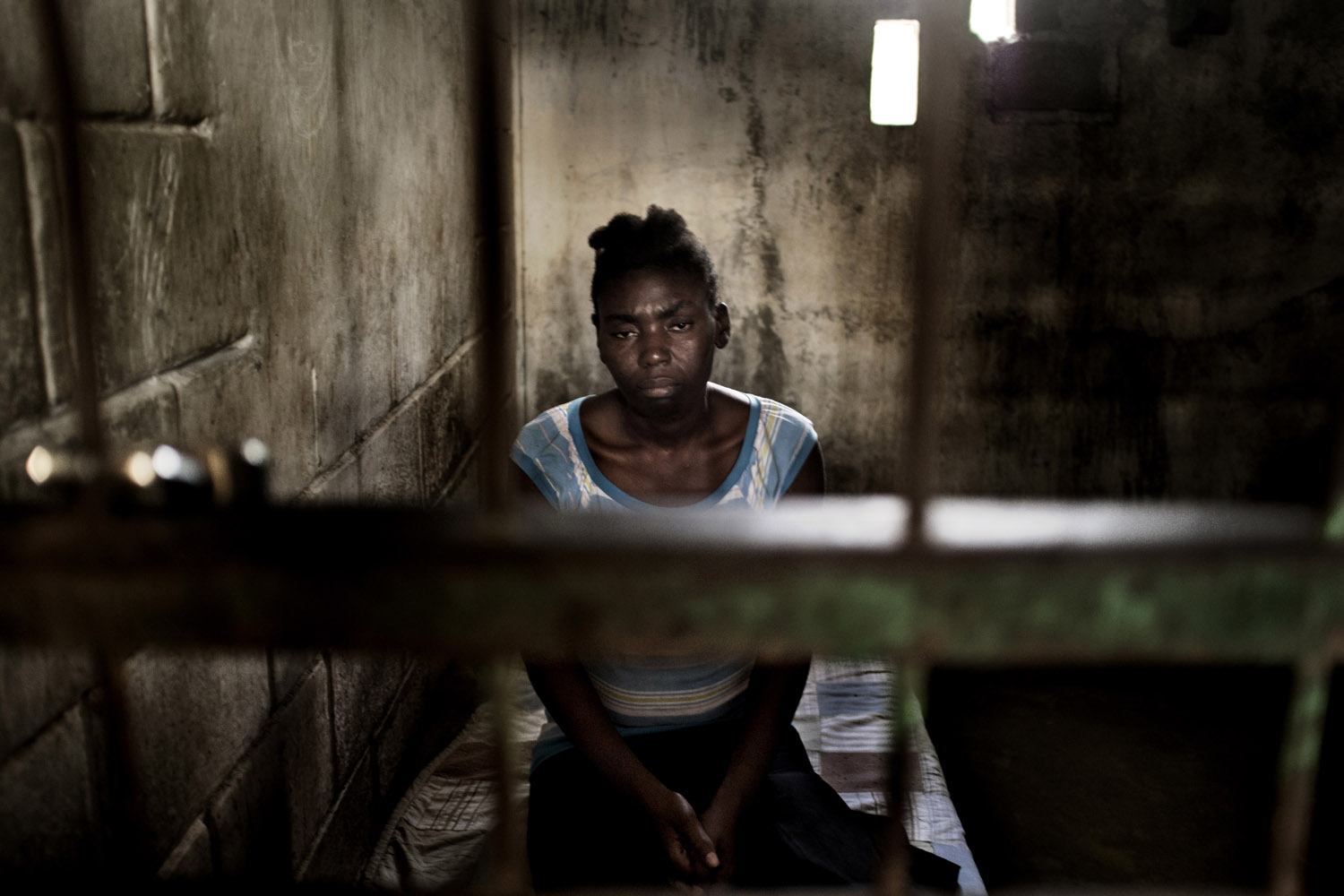
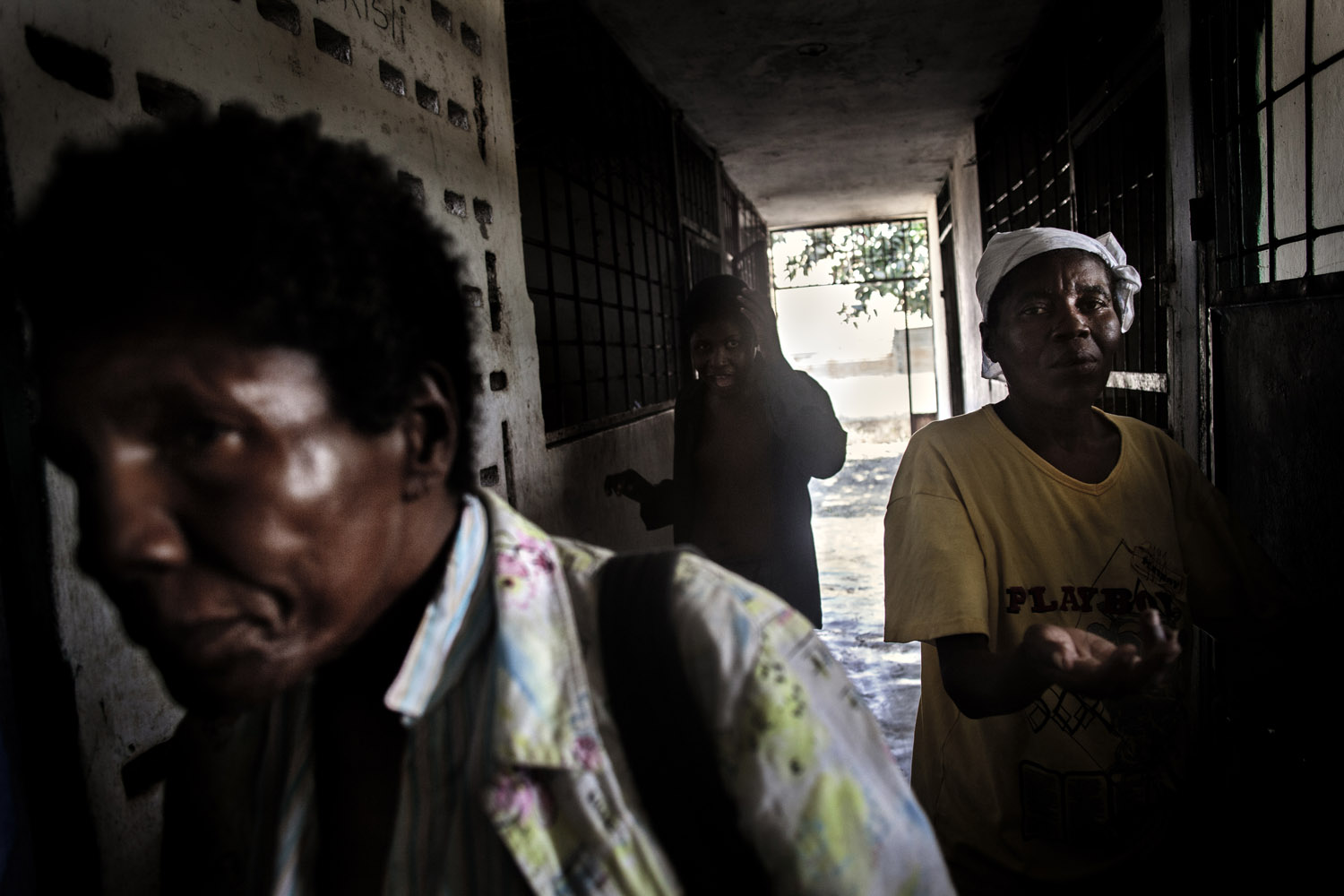
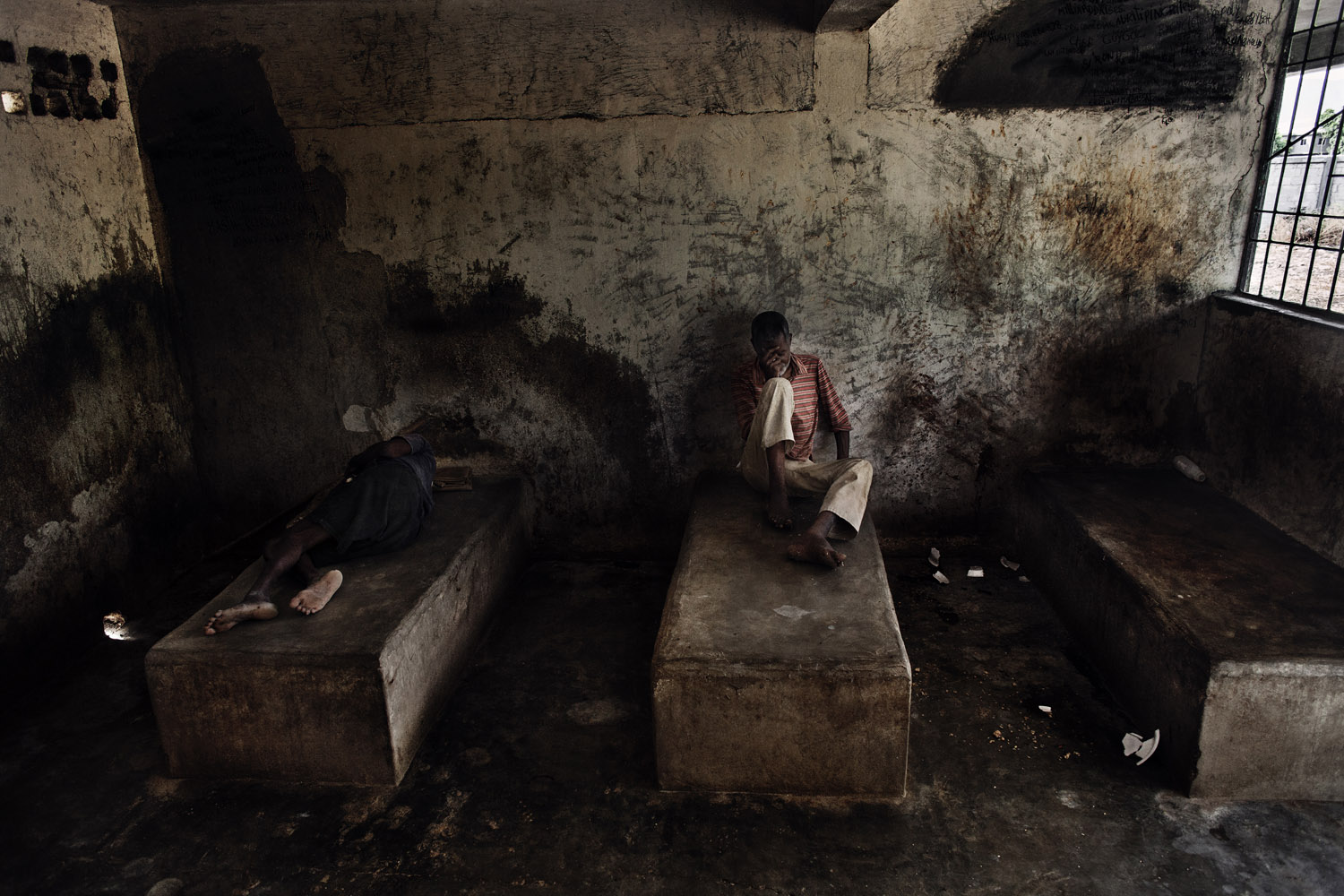
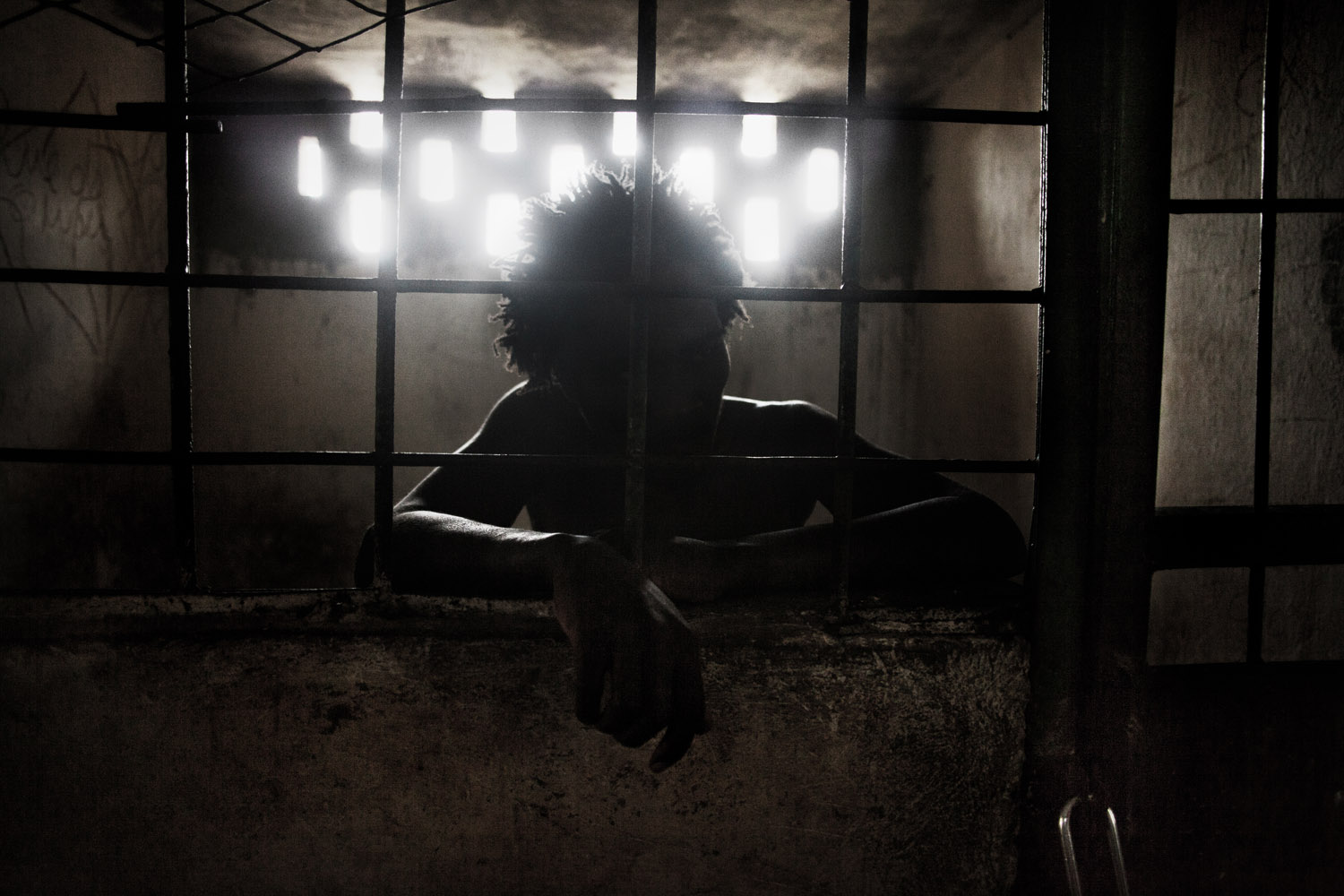
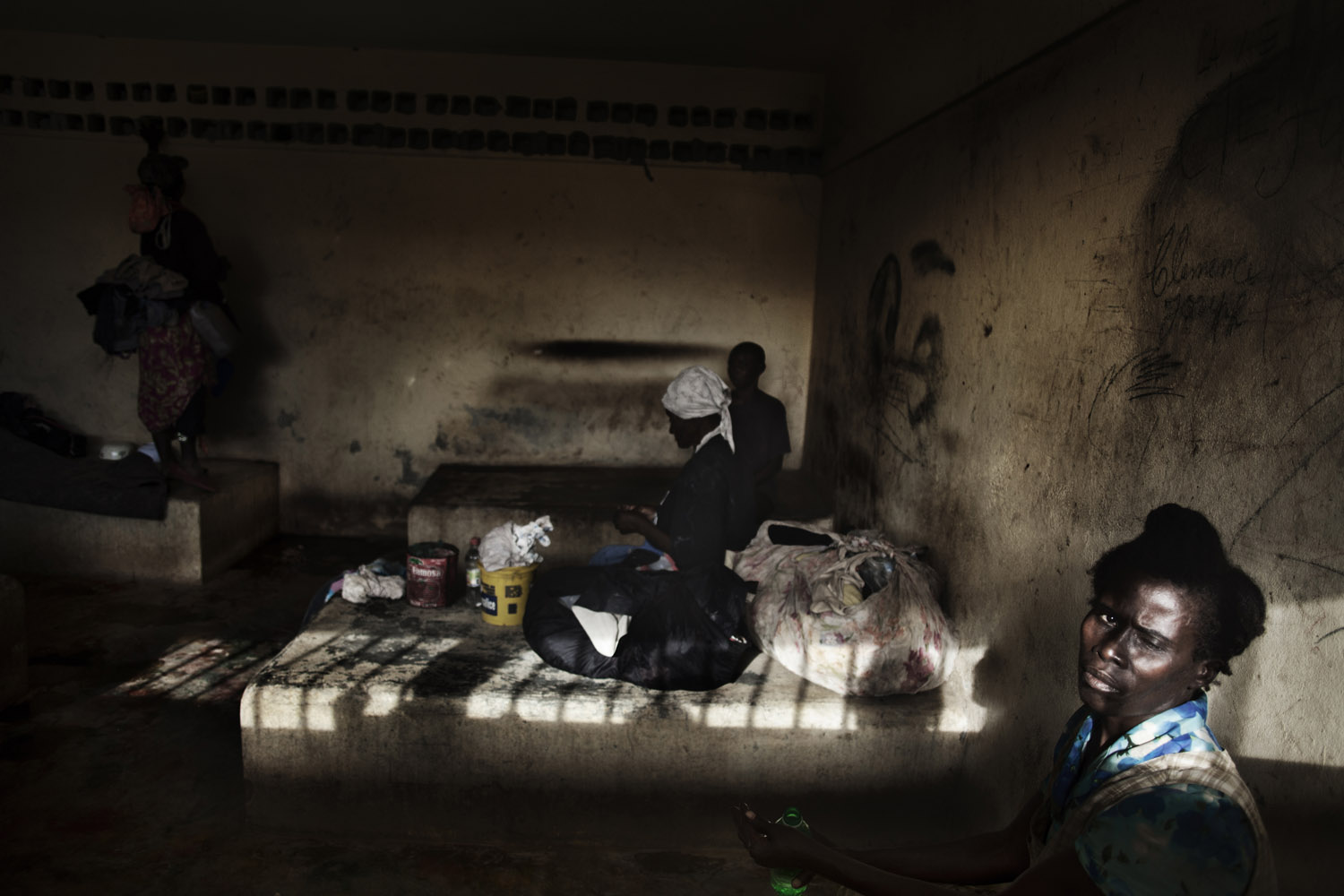
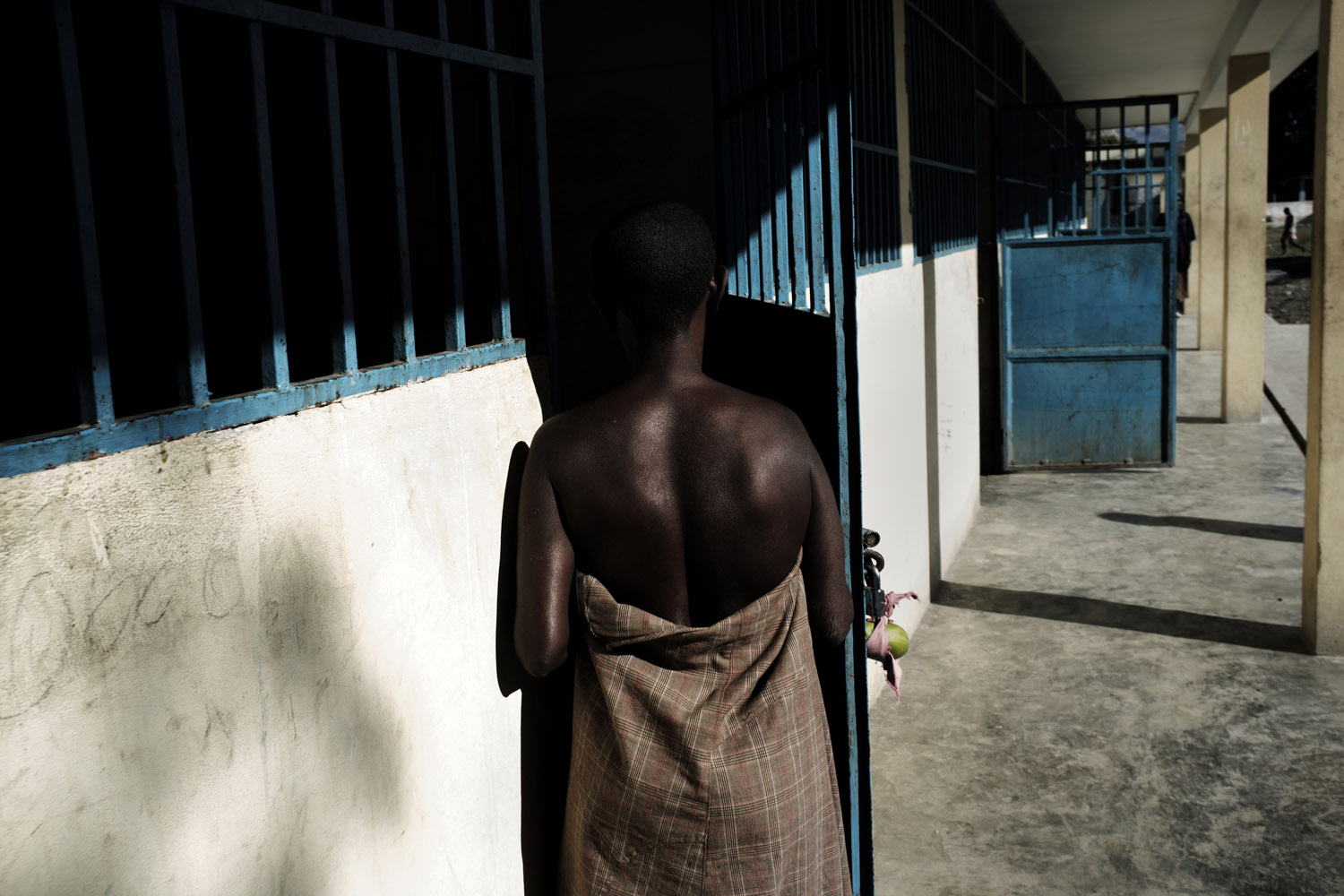
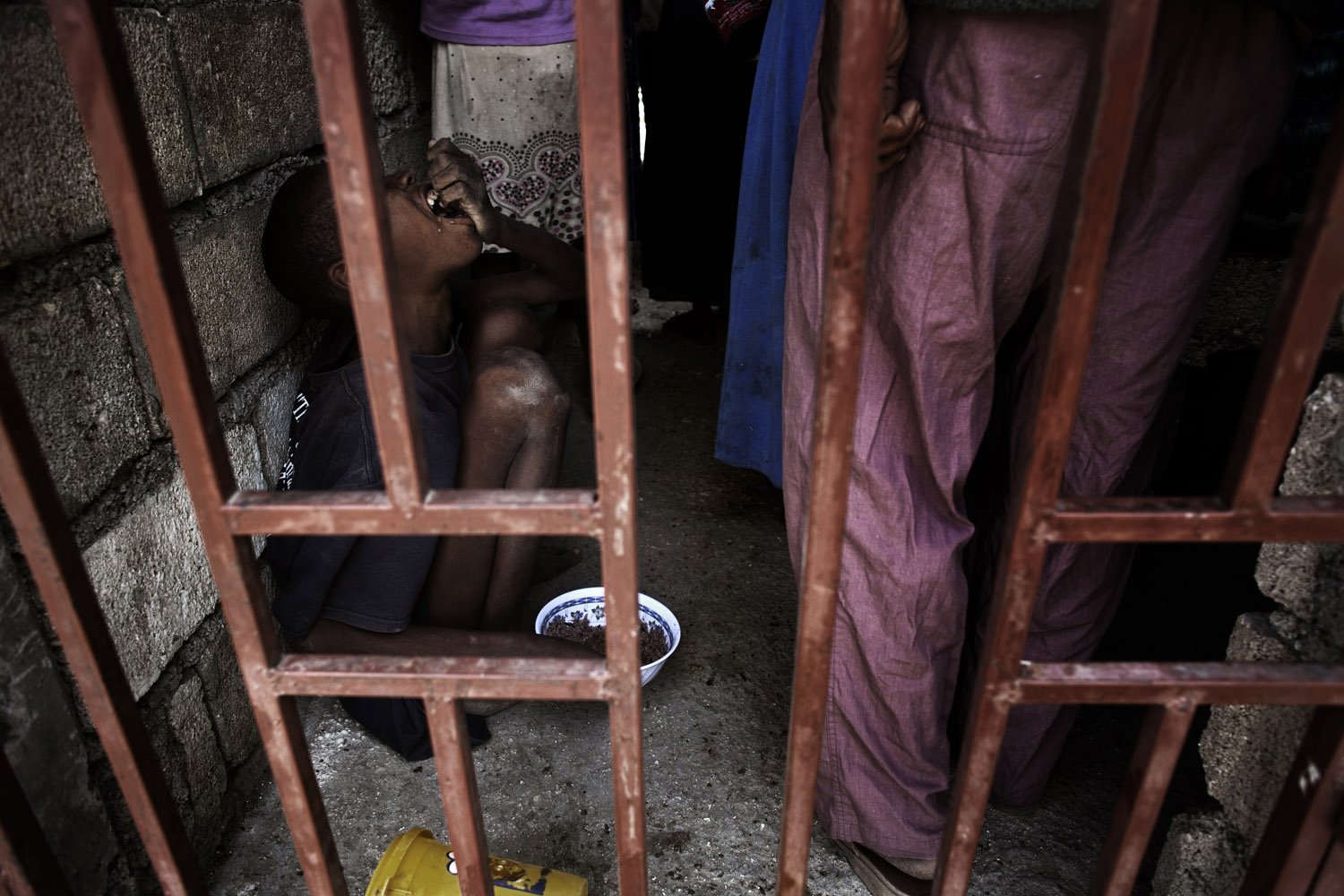
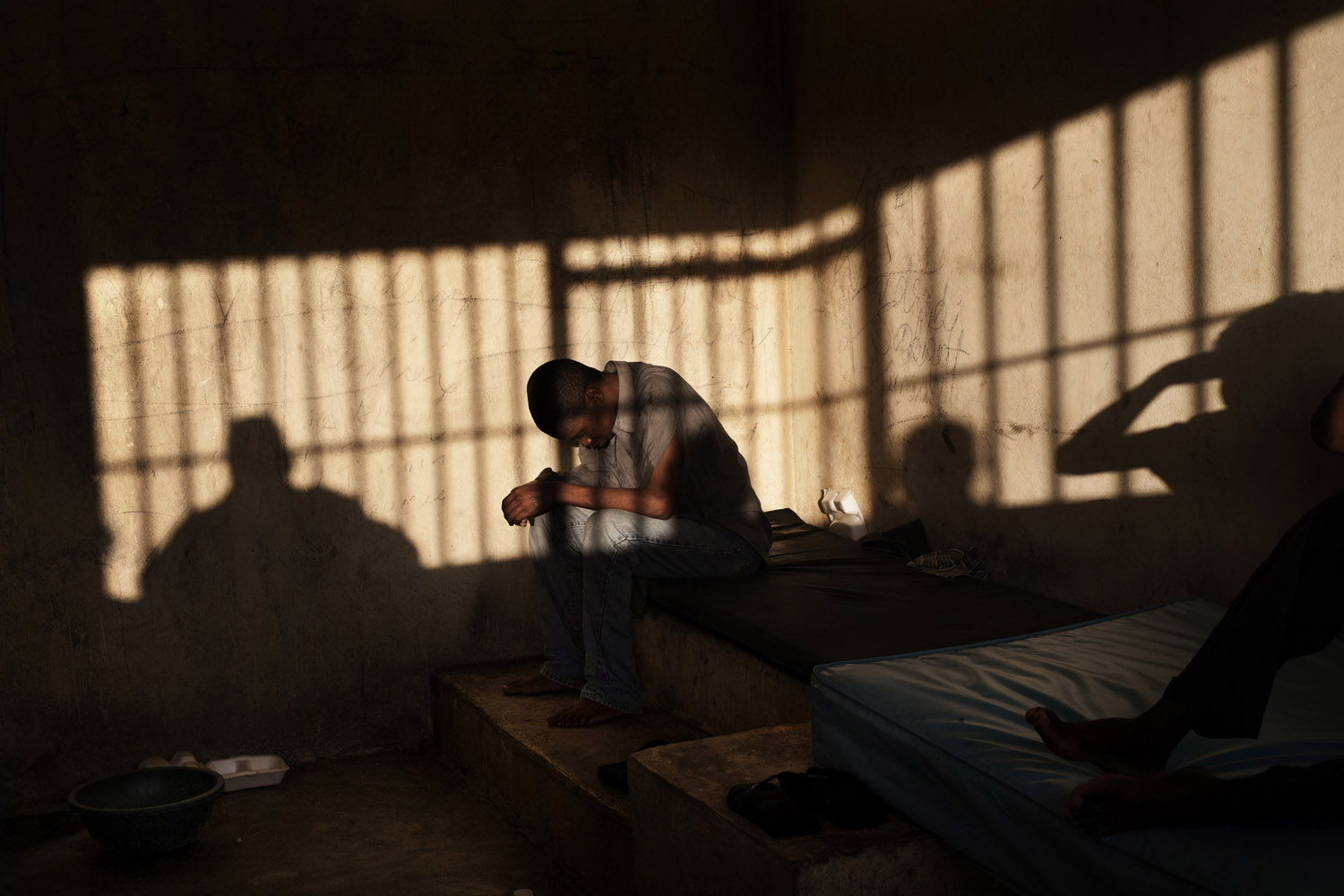
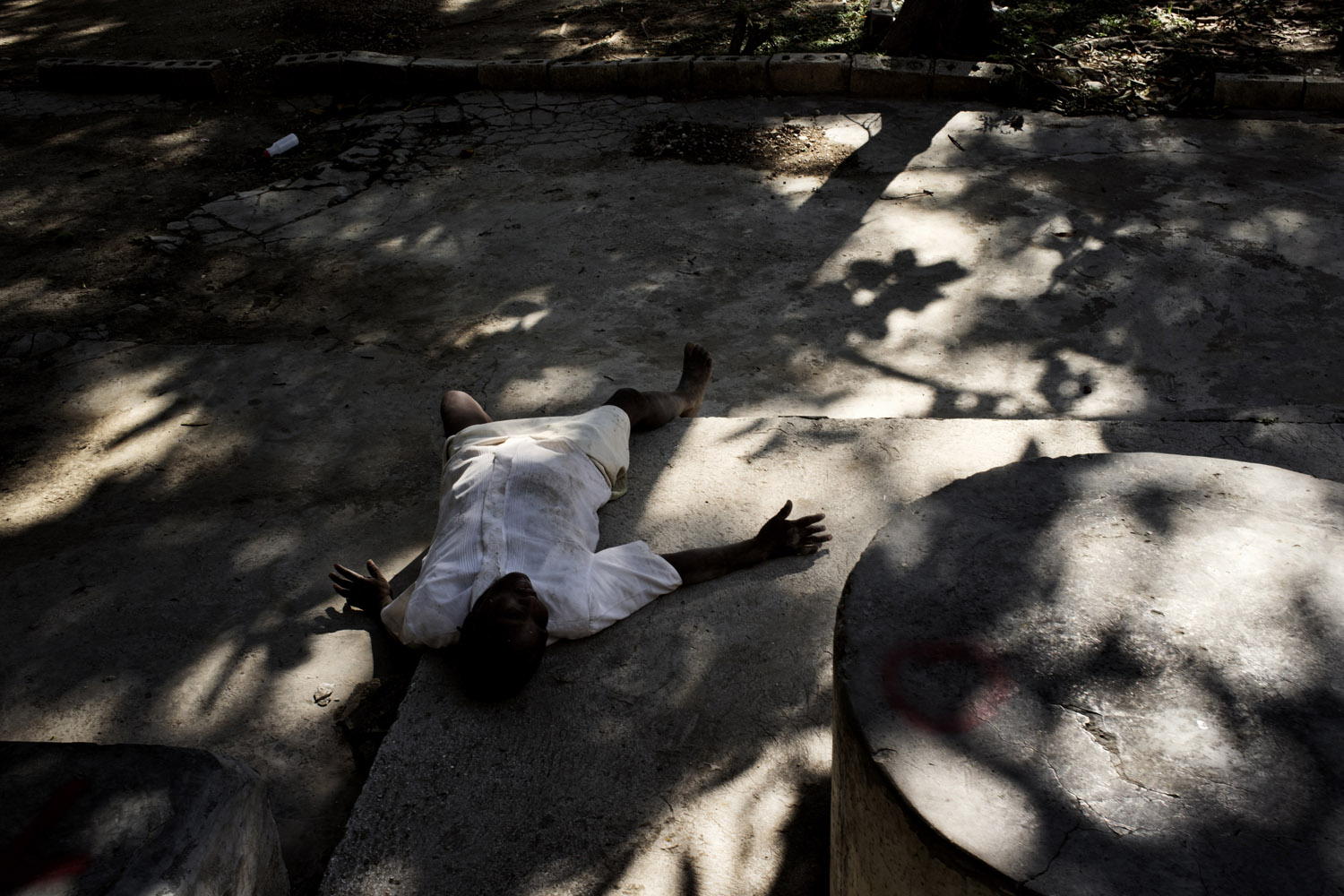
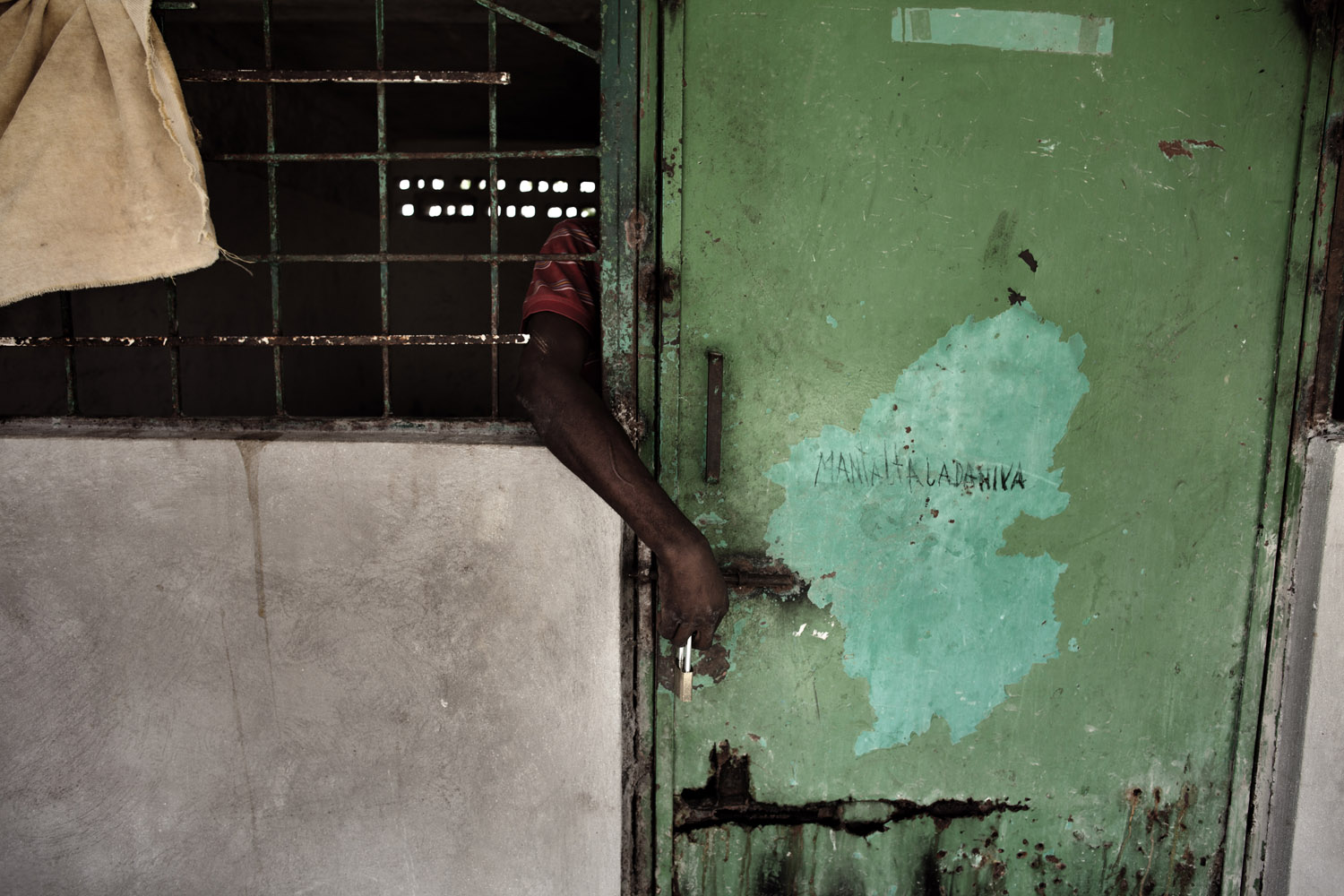
More Must-Reads from TIME
- Inside Elon Musk’s War on Washington
- Meet the 2025 Women of the Year
- The Harsh Truth About Disability Inclusion
- Why Do More Young Adults Have Cancer?
- Colman Domingo Leads With Radical Love
- How to Get Better at Doing Things Alone
- Cecily Strong on Goober the Clown
- Column: The Rise of America’s Broligarchy
Contact us at letters@time.com